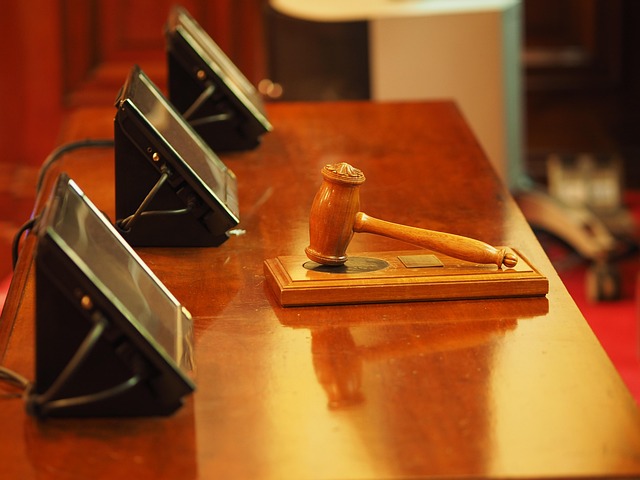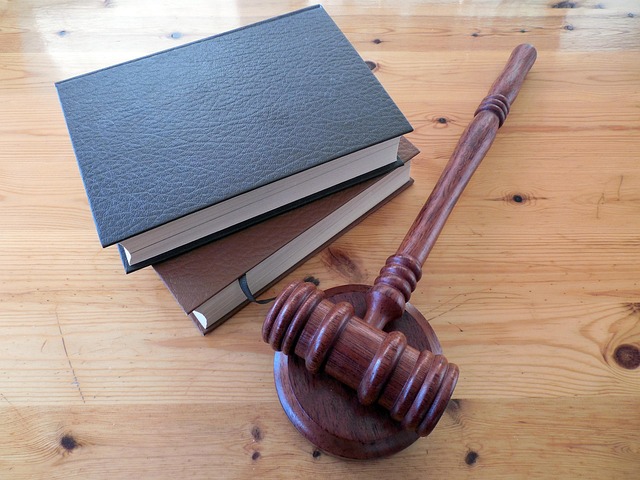Determining wrongful death compensation eligibility involves understanding state laws and consulting attorneys to navigate complex criteria. Liability assessment in fatal incidents identifies negligent parties legally accountable, with multiple entities potentially responsible. Compensatory damages in these cases offer justice, covering economic and non-economic losses, varying based on specific circumstances.
“In the event of a fatal accident, understanding who qualifies for wrongful death compensation is crucial. This comprehensive guide delves into the eligibility criteria for survivors seeking justice. We explore how to determine liability in various scenarios and break down the calculation of compensatory damages.
By examining these key aspects, individuals affected by tragic losses can navigate their rights and potential financial support during an otherwise challenging time.”
- Understanding Eligibility for Wrongful Death Claims
- Determining Liability in Fatal Incidents
- Calculating and Collectible Compensatory Damages
Understanding Eligibility for Wrongful Death Claims

Understanding Eligibility for Wrongful Death Claims
When it comes to wrongful death compensation, eligibility is a crucial factor that determines who can file a claim and receive damages. In general, victims who have lost a loved one due to another party’s negligence or intentional actions are entitled to seek legal recourse. This includes cases involving defective products, nursing home neglect, medical malpractice, and other forms of carelessness that result in fatal outcomes. The first step in navigating wrongful death claims is to identify the eligible parties—typically next-of-kin, including spouses, children, parents, or even siblings, depending on the jurisdiction and specific circumstances.
Each wrongful death claim has unique eligibility criteria based on state laws, which can vary widely. Therefore, it’s essential to consult with an experienced attorney who specializes in wrongful death claims to understand the specific requirements. They can help ascertain if a case qualifies for compensation, guide through the legal process, and ensure that all necessary paperwork is completed accurately. By doing so, potential claimants can focus on grieving and seeking closure while leaving the complex legal matters to professionals.
Determining Liability in Fatal Incidents

In fatal incidents, determining liability is a complex process that forms a crucial aspect of wrongful death compensation cases. The primary goal is to identify the party or entity legally responsible for the loss of life. This often involves a thorough investigation to establish whether negligence, recklessness, or intentional misconduct played a role in the incident. Various factors are considered, including adherence to safety protocols, the actions (or inactions) of individuals involved, and any pre-existing conditions that might have contributed to the outcome. In many cases, multiple parties could be held accountable, especially in scenarios involving motor vehicle accidents, medical malpractice, or catastrophic slip and fall injuries.
Liability determination is a critical step as it dictates who can be sued for compensation. This process requires an examination of the circumstances surrounding the accident or incident, evidence collection, and sometimes, expert opinions to reconstruct events accurately. For instance, in homeowner insurance claims related to fatal accidents on their property, they may face liability if negligence in maintaining the premises contributed to the incident. Understanding these legal nuances is essential for both victims’ families seeking wrongful death compensation and insurance providers assessing accident compensation claims.
Calculating and Collectible Compensatory Damages

When discussing compensatory damages in a wrongful death case, the goal is to provide a measure of justice and financial support for the surviving family members. These damages are calculated based on the economic and non-economic losses incurred due to the deceased’s untimely demise. Economically, this includes expenses such as medical bills, funeral costs, and lost earnings potential. Non-economically, it encompasses things like pain and suffering, loss of companionship, and emotional distress experienced by those left behind.
The amount awarded for compensatory damages can vary greatly depending on the circumstances of the wrongful death case. For instance, in a truck accident injury claim, if negligence leads to a fatal crash, the surviving family members may seek compensation for their loved one’s pain and suffering before passing, as well as the financial support they would have received had the deceased lived. In cases involving a breach of contract or property damage claims, the focus shifts to economic losses and potential future earnings that were cut short due to the wrongful act.
When it comes to wrongful death compensation, understanding eligibility is key. By grasping the criteria for liability, calculating compensatory damages, and navigating the legal process, families can secure justice and support during an incredibly difficult time. Remember that each case is unique, so consulting with a legal professional is essential to determine the best course of action in pursuing wrongful death compensation.






